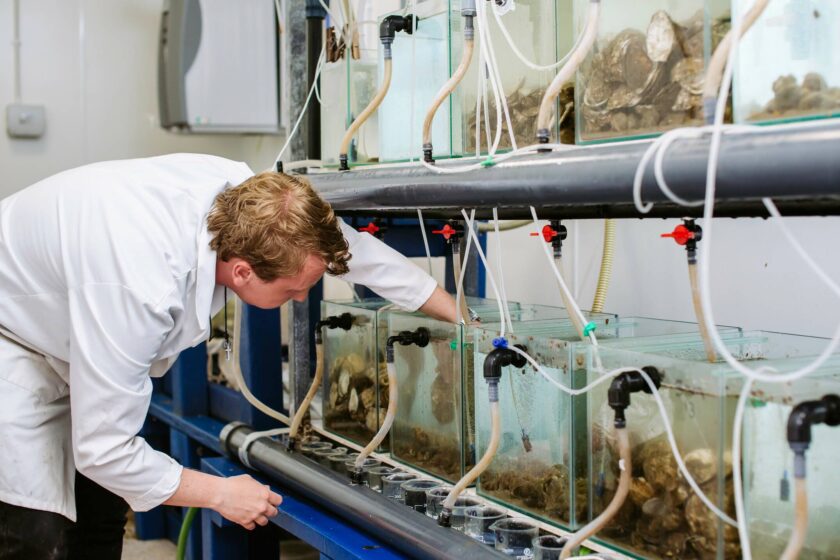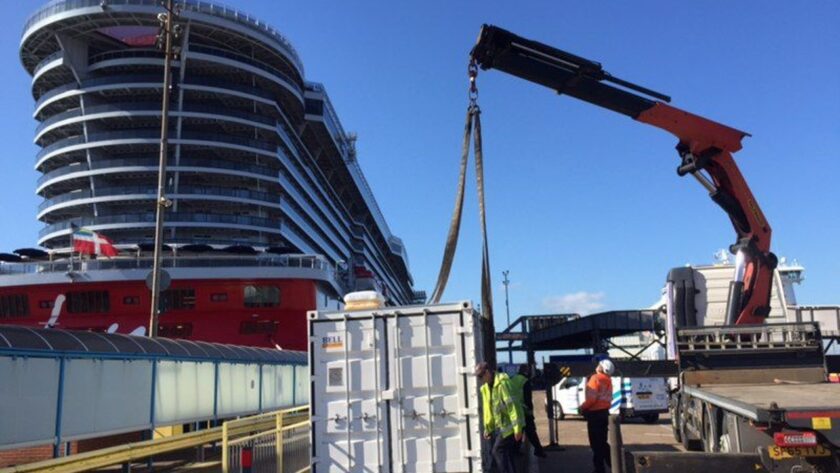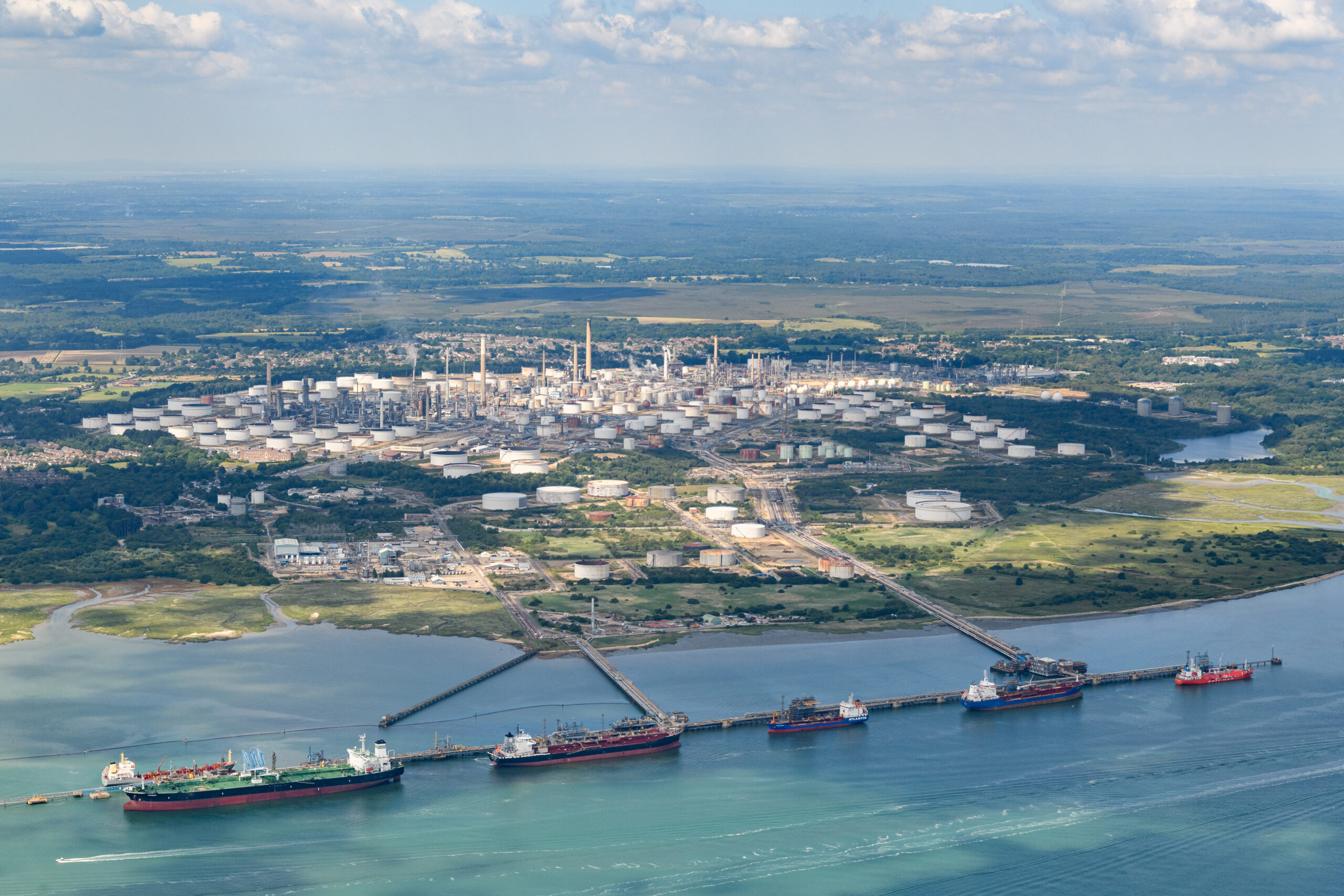Becoming a climate-positive university
With over 28,000 students and 3,500 staff, the University of Portsmouth is a higher education institution with a focus on creating, sharing and applying knowledge to make a difference to individuals and society.
The drive towards a low carbon future is a complex and challenging undertaking but it is one that the University of Portsmouth is fully committed to. Its vision is to become a climate-positive university by 2030, exceed Net Zero, and be acknowledged as leaders in environmental sustainability. Its mission is to embed environmental sustainability across all aspects of the University, from research through education to operations. This will be achieved by directly reducing its carbon emissions; leveraging Research and Innovation to sequester residual carbon emissions; and leading in environmental sustainability.

Why join The Solent Cluster?
The University shares the goal of The Solent Cluster to decarbonise the South Coast region and beyond. It is passionate about working with partners to deliver a cleaner, healthier and more prosperous future for the region and country and has over 10 years’ experience of managing and delivering productive triple helix communities in the region, supporting low carbon initiatives and sees The Solent Cluster as being part of this growth.
The current support landscape can be confusing and the University of Portsmouth is hoping the Cluster will help to raise the visibility of its existing high quality research and innovation activity creating new collaborative opportunities through its networks to enable the University to conduct more globally significant work. It is also looking forward to the Cluster bringing new collaborative opportunities to deliver low carbon and Net Zero solutions that will have impact both in the Solent region and beyond.

Collaboration and innovation to enable sustainable change
The University of Portsmouth is involved in a number of successful low carbon projects. Working with partners, Shipping, Hydrogen and Port Ecosystems UK (SHAPE UK) has demonstrated a green hydrogen energy system within Portsmouth International Port. It delivered a digital twin to enable real-time power management decisions, installed a 35KW hydrogen electrolyser on site and converted a work boat to run on hydrogen.
The Net Zero Living project is a collaboration between the University of Portsmouth and Portsmouth City Council. Working with local businesses, community groups and residents the project implemented solutions that will help Portsmouth achieve its goal of becoming carbon Net Zero by 2030.
Through its Centre for Blue Governance, the University is addressing the direct challenges of the marine and maritime environment arising from climate change. Working with partners, the University is also driving the protection and restoration of the marine environment as well as developing sustainable opportunities for carbon sequestration.

The University is a founding partner of the Solent Greenprint
Greenprint seeks to enhance collaboration across and within sectors to achieve a green recovery together. It continues to host Greentech South, which to date has created a network with 2700+ UK members in collaboration with other universities, developed 400+ innovation projects, raised £25m, helped to develop 290+ products and services and created 790+ jobs. The project has seen £65m+ inward investment and directly supported 600+ SMEs. It is essential that this work continues in collaboration with The Solent Cluster.
Revolution Plastics is tackling the plastics crisis head on. From developing sustainable fashion to combatting microplastics, the University is putting its research into practice. Its work in this area has recently been published by the United Nations. Our Centre for Enzyme Innovation is working to deliver transformative enzyme-enabled solutions for the circular recycling of plastics. A current collaborative project is aiming to enable a circular polyester textiles economy, developing a new process for the recycling of synthetic fabrics which account for 60 percent of clothes worn currently. Through its Microplastics Research Group, the University is striving to enhance our knowledge of microplastics and what impact they have on the environment and human health.
“The University is committed to playing its part in addressing the challenges of climate change and is confident that it can make a positive contribution to a sustainable future. Being an active member of the Solent Cluster is indicative of this commitment.”
Sarah Duckering, Director of Research and Innovation Services , University of Portsmouth

Become a Member
World leading collaborations creating a network that will decarbonise the South Coast region and beyond.
